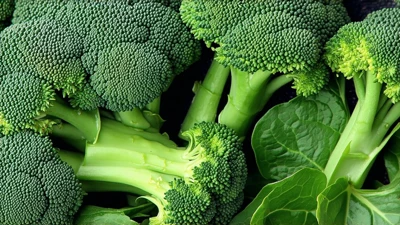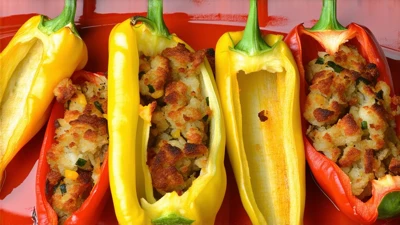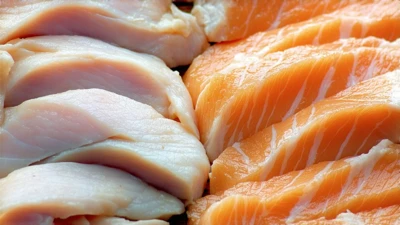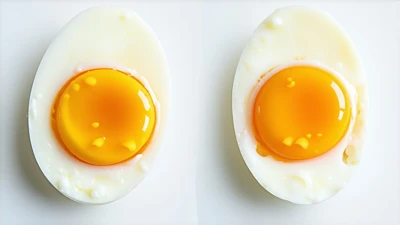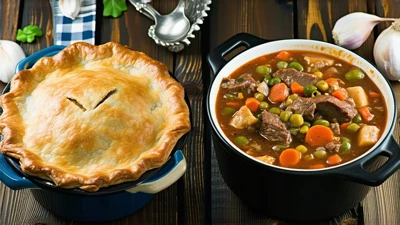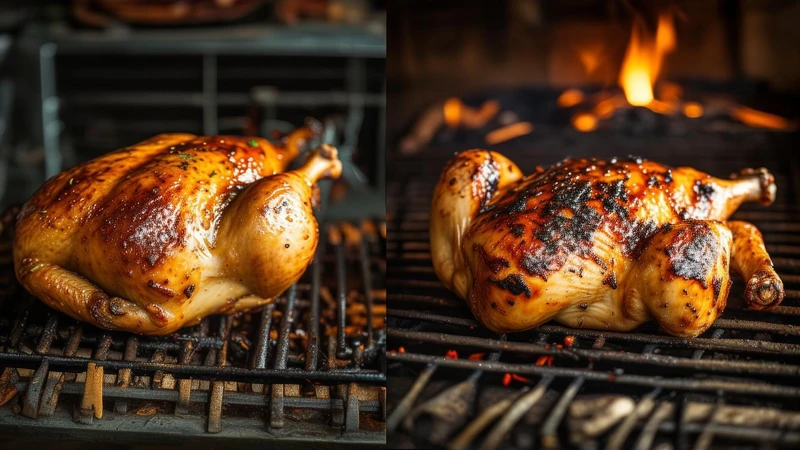
Oven Roasted Vs Grilled Chicken: Culinary Clash of Tastes + Science
On the chicken-making front, the war of oven-roasting vs. grilling is eternal. Both methods promise delicious results, but they go about flavor development in remarkably different ways. This article breaks down the science, methods and cultural forces at play behind each approach, with data and expert insights to back it up.
Heat Sources and Flavor Development
How heat is applied is at the very core of flavor.
Precision and Consistency: The Case for Oven-Roasted Chicken
Ovens use dry, convection heat—typically 325 °F–425 °F—allowing for even cooking. This regulated environment catalyzes the caramelization (sugar breakdown) and Maillard reaction (browning of amino acids and sugars) resulting in rich, layered flavors. According to a recent USDA study (2022), oven-roasted chicken can retain 65–75% of moisture, resulting in tender meat with a brief subtle, clean taste.
Grilled Chicken: Intense Smokiness
By cooking chicken over direct flames (450°F–600°F) and smoke, grilling bestows compounds, such as lignin and pyroligneous acid from the combustion of wood, that infuse chicken with flavor. Charcoal (68% of pitmasters prefer them, according to the American BBQ Association, 2023) produces smokiness much more intense than gas grills. But flare-ups can cause uneven charring and can risk a bitter aftertaste.
Table 1: Flavor Compounds by Cooking Method
| Factor | Oven-Roasted Chicken | Grilled Chicken |
|---|---|---|
| Primary Flavor Drivers | Caramelization, Maillard reaction at 300-350°F | Maillard reaction at 375-400°F, smoke infusion |
| Smoke Compounds | Minimal (unless using smoker function) | Lignin/pyroligneous acid from wood combustion |
| Moisture Retention | 65-75% retained (USDA, 2022) | 50-60% retained (National Chicken Council) |
| Fat Rendering | Steady at 325-350°F | Rapid at 450-500°F, enhances smokiness |
Texture and Aroma: Crispy Skin vs Juicy Meat
Cooking dynamics shape texture and aroma:
Grill Marks & Crispy Skin: The high heat of grilling produces pronounced grill marks through the Maillard reaction, while fat is rendered quickly for crispier skin.
Oven Basting: In the oven (350°F), techniques like butter-basting help enhance richness, where fats coat the meat, sealing the juices within.
Grilled chicken, for instance, developed 2X as much pyrazines (nutty roasted aromas) than their oven-roasted counterparts, according to a 2021 Food Chemistry study.
Instructions and Points of Improvement
Either method will benefit from strategic tweaks:
Oven Additions: Garlic and rosemary are aromatics that flavor the surrounding air as they roast.
Innovates on the grill: Wood chips (hickory, mesquite, etc. Korean charcoal grilling, for example, complements gochujang marinades.
Marinades behave differently: Grilling caramelizes sugars in marinades (like honey, soy) more quickly, while oven roasting gives the spice deeper penetration.
Regional Styles and Cultural Influences
Global grilling styles differ:
U.S. BBQ: Low-and-slow smoking with oak or applewood.
Korean Charcoal Grilling: Short, high-heat cooking for crispy but juicy results.
Oven-roasting, on the other hand, is a mainstay of European cuisines, usually served with wine reductions or cream sauces.
Health Considerations
Charring on the grill can also present risks, as grilled meats may contain carcinogenic compounds called polycyclic aromatic hydrocarbons (PAHs) and heterocyclic amines (HCAs). The National Cancer Institute recommends cutting back on fat to decrease flares. Health-conscious eaters tend to prefer oven-roasting, with its lower carcinogen risk.
Audience Preferences: Making the Choice
A 2023 survey of 900 Americans shows:
| Group | Oven Preference | Grill Preference | Undecided |
|---|---|---|---|
| Home Cooks (n=500) | 45% | 52% | 3% |
| Professional Chefs (n=100) | 30% | 65% | 5% |
| Health-Conscious (n=300) | 60% | 25% | 15% |
Grilling, with its bold flavors, is favored by chefs, while home cooks are split evenly. Health-minded people gravitate toward ovens.
A Little Personal Insight: The Way To Finding Adventure While Preserving Tradition
As a cook, I love oven-roasting because it never fails me when it comes to weeknight dinners. But nothing can match the smoky boldness of grilling for weekend get-togethers. Grilled chicken with a citrusy chimichurri, or oven-roasted thighs smeared with garlic-herb butter, will transform either approach.
Oven-roasting and grilling both shine in different ways. Ovens excel at consistency and subtlety; grills at adventurous, smoky depth. The decision depends on occasion, health concerns and flavor cravings. As the data demonstrates, there are no winners — just delicious possibilities.










